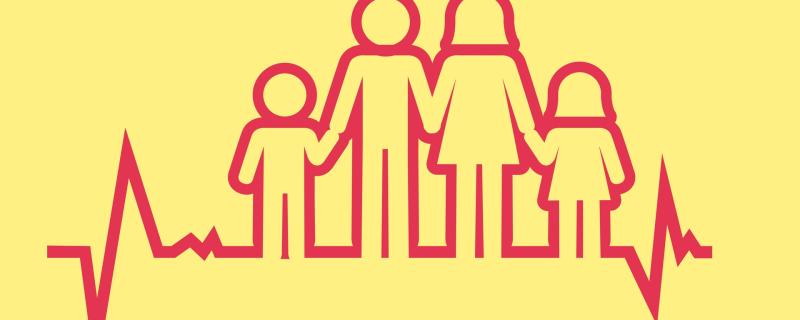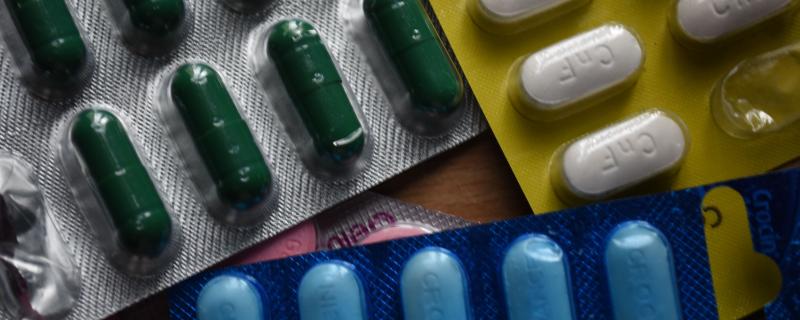Across many countries in the world, people from an economically backward background struggle to get adequate medical care. As a part of its Sustainability and development goals for 2015 the United Nations has declared ensuring “healthy lives and promote well-being for all at all ages”. This target of Universal Health Coverage (UHC) aims to ensure accessibility to quality health care services by the year 2030. With 13 years to go, an international team of scientists explores how this goal can be achieved in five South Asian countries.
आयआयटी मुंबईद्वारे विकसित नवीन डीप-लर्निंग फ्रेमवर्क SpADANet (स्पाडानेट) मर्यादित लेबल्स वापरूनही अनेक चक्रीवादळांमधील संरचनात्मक नुकसान अधिक अचूकपणे वर्गीकृत करू शकते.
Mumbai/







